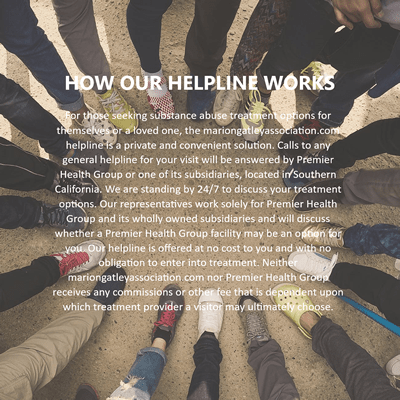When someone leaves on a military deployment, there are plenty of risks, but coming home with an addiction or mental health disorder isn’t usually at the top of the list. Unfortunately, it’s a reality for a significant portion of active duty service members and veterans. Factors such as stress, combat exposure, pain, and injuries increase the risk of a mental illness and co-occurring substance abuse disorder.
Service members are not as likely to use illicit drugs. A 2008 Department of Defense (DoD) survey found that only 2.3% of military personnel had used illicit drugs in the past month, compared to 12% of civilians. However, military personnel are more likely to abuse prescription drugs than civilians; the 2008 DoD survey found that 11% of military personnel had abused prescription drugs, compared to 4% in 2005 and 2% in 2002. The majority of these prescription drugs are opioid painkillers, often prescribed for pain or injuries sustained during active duty. Between 2001 and 2009, prescriptions for opioid painkillers among service members quadrupled, flooding the military with easily accessible pills.
Although prescription drugs are a problem in the military, alcohol abuse occurs at much higher rates. According to NIDA, in 2008, 47% of active duty service members reported binge drinking (compared to 35% in 1998), and in the same year, 20% reported binge drinking every week in the past month. That figure rose to 27% for men and women exposed to combat.
In the midst of this culture of heavy drinking and prescription drug use, it’s not easy for soldiers to get help or receive treatment in an addiction recovery facility. According to the Army, only 40% of vets sought help from drug rehab or a mental health professional. The military culture hinders attempts to identify people struggling with abuse, and discourages service members from speaking out about their addiction. Stigma, lack of confidentiality, and a strict zero-tolerance drug policy—enforced by random drug testing and the possibility of dishonorable discharge and criminal prosecution—creates fear and leads soldiers to hide their problems.
Many veterans—especially those with combat exposure, multiple deployments, and injuries—return home with a mental illness. According to NIDA, a study found that 25% of vets returning from Afghanistan and Iraq experienced mental or cognitive disorder symptoms, while almost 17% experienced PTSD symptoms. Mental illnesses and disorders greatly increase the chance of developing a substance abuse disorder—the halls of addiction treatment centers across the country are filled with people suffering from mental disorders. Soldiers, who have a high risk of developing mental disorders, require resources and access to mental health services to help them cope with the trauma and pain of their service experience.
If you or someone you love is struggling with addiction, please contact Intervention Drug Rehab Association, and we’ll help you find a luxury drug rehab program that fits your needs. Develop skills for avoiding relapse, learn coping mechanisms for stress, and cultivate a community of sober peers and mentors. Please contact us today to turn a life around.



